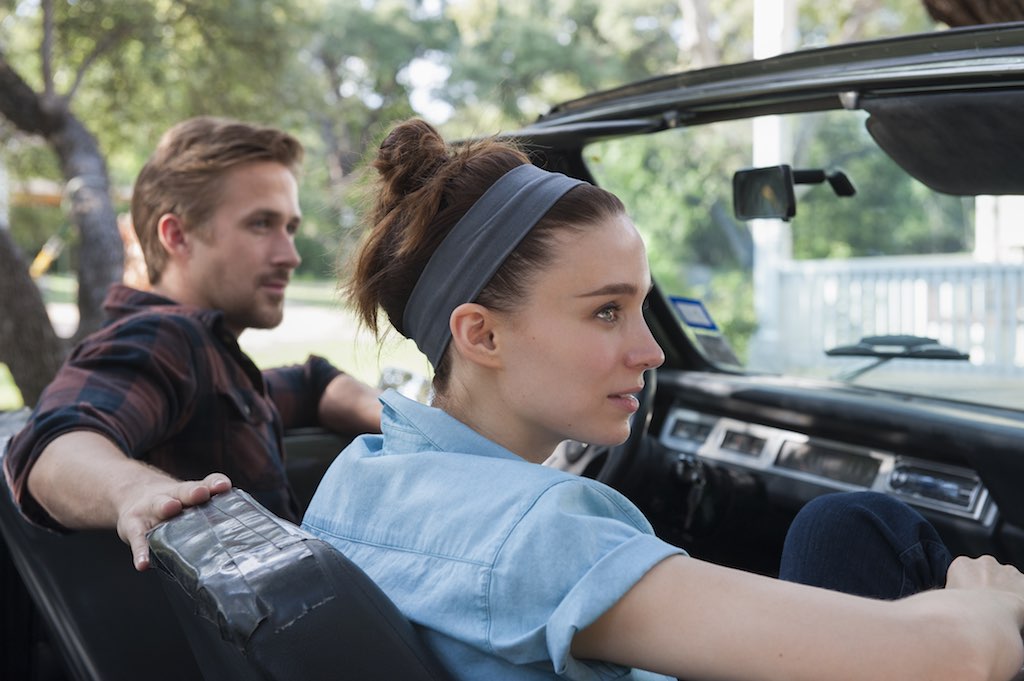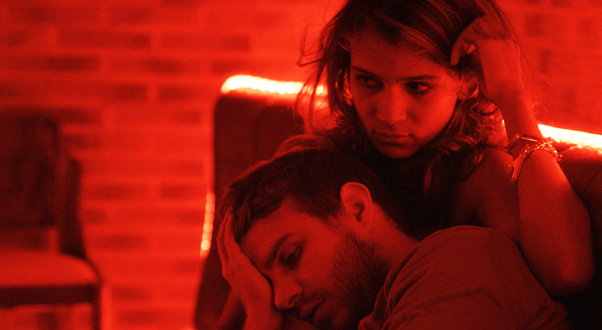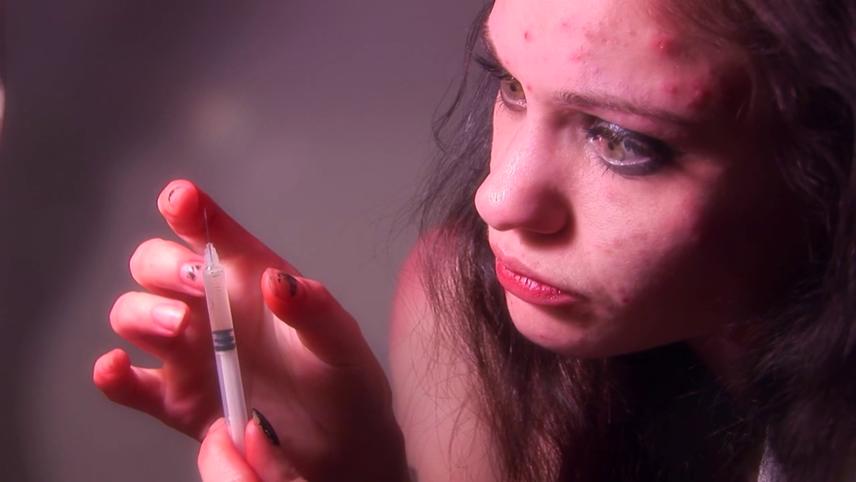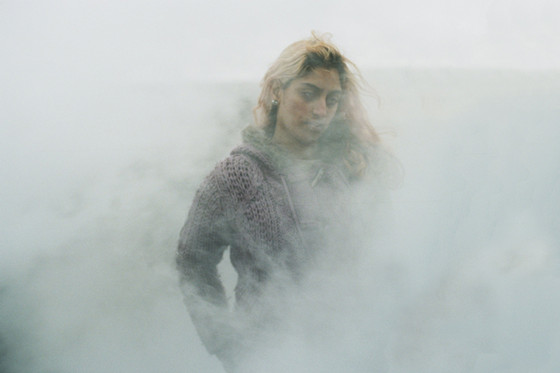
The twenty-first century has given audiences some truly superb cinema, and for the most part, the very best works have been regarded highly by critics and cinephiles alike. However, sometimes great pieces of work fail to get the recognition they deserve, and while there are often reasons for this – whether this be for reasons of controversy or inaccessibility – it doesn’t change the fact that these films warrant much more thought and attention than they have attracted.
Some of the films referenced below have admittedly cultivated a niche following, but have been unsuccessful in pleasing wider audiences with less than a 7.0 on IMDb; the limited success of certain titles is inevitable due to the subject matter they deal with, yet, some of these films certainly had the potential to please broader audiences. These are all terrific films in their own right, and will hopefully continue to strike a chord with certain demographics despite their limited appreciation on a grand scale.
10. Song to Song (Terrence Malick, US, 2017)
IMDb Rating: 5.7

When discussing modern auteurs, it is likely that the name Terrence Malick will spring to mind. Despite only making three films between 1973 and 1998, the Illinois born filmmaker had become one of the most contemplative and visionary directors to emerge from the New Hollywood movement; beginning in 1967 with Arthur Penn’s Bonnie and Clyde and coming to a crushing close in 1980 with the financial catastrophe of Michael Cimino’s Heaven’s Gate.
This era in American cinema allowed for emerging filmmakers to fully realise their vision and take risks without the restrictions of studio interference – and this is something that Malick has continued to do over the course of a monumental career.
Surprisingly, the filmmaker who followed up the wonderful Days of Heaven a whopping two decades later with his second world-war drama The Thin Red Line, has recently been accused of needing to slow things down by audiences. His recent output has certainly been polarising, and his emotional epic The Tree of Life continues to be as divisive as it was upon initial release in 2011.
To the Wonder and Knight of Cups disappointed many and delighted few, as his cinematic style has been accused of drifting into over-indulgence and shallow ponderance. His most recent film, Song to Song, continued his habit of alienating wider audiences, yet, in many ways it is his most affecting and emotionally engaging film in recent memory.
Malick’s fascination falls on two intersecting love triangles set against the backdrop of musicianship and celebrity in Austin, Texas. Narrative is minimal, as one has come to expect from a Malick piece, but every meticulously constructed shot nurtures such immersion.
Song to Song is testament of the director’s ability to conjure such spellbinding imagery unlike anyone else in modern cinema. Rich in symbolism and empathetic in its character study, it is difficult to come to terms with many’s disengagement from this recent effort. It is a film that can be felt, and that is rare – as are filmmakers like Terrence Malick.
9. Simon Killer (Campos, US, 2012)
IMDb Rating: 6.3

Antonio Campos’ cinematic portrait of a sociopath in Paris is a tale of a downward spiral which has failed to achieve the recognition it deserves. Brady Corbet (Mysterious Skin, Melancholia) plays Simon, a recent university graduate who flees to France after a tough break-up leaves him conflicted.
Navigating the nocturnal streets, he visits a brothel and strikes a relationship with an attractive young prostitute. What follows is a descent into depravity and immoral activity that threatens to consume him.
Campos’ follow-up feature to his directorial-debut Afterschool is an impressive sophomoric effort which continues in the tradition of such classic films as Michael Powell’s groundbreaking Peeping Tom and Martin Scorsese’s Taxi Driver.
The brilliance of these films is their adherence to completely submerging the viewer in a chaotic head-space in which we find logic becomes blurred. These are minds that we find deeply disturbing, and yet, these are figures that are so well-developed that they are nevertheless enticing.
With a career-best performance from Corbet and assured direction from Campos, we never feel any distance as a spectator between ourselves and the film’s protagonist. His actions feel like our own, and as Simon’s behaviour begins to radically escalate, we begin to fear for our own capture.
A superb soundtrack helps make this a clear winner – although sadly – many clearly disagree. It’s a powerful film that leaves an imprint on the viewer; as the credits begin to roll, it takes time to dislodge from Simon’s psyche and return to rational thought. Inviting, complex, and despicable, Corbet’s performance as the sickly anti-hero is an engrossing endurance test that too many cineastes have frankly failed.
8. Lowlife Love (Uchida, Japan, 2015)
IMDb Rating: 6.5

Eiji Uchida’s recent work has been impressing comprehensive fans of Japanese cinema, and his name is being mentioned increasingly alongside the likes of Sion Sono (Love Exposure) and Tetsuya Nakashima (Memories of Matsuko). Although best known for 2013’s Greatful Dead and last year’s frenetic Love and Other Cults, his best work arguably remains the criminally underrated and little-seen gem: Lowlife Love.
The film is the first ever independent production from UK home-distribution company Third Window Films, and centres around Tetsuo (Kiyohiko Shibukawa), a struggling filmmaker whose previous and solitary indie-hit is becoming a distant memory. Clinging to his former glory, he resorts to exploiting his fading name for sex and makes excuses for his absence from the sphere of cinema on the grounds of artistic integrity. Deciding that this cannot go on, the time comes to embark on a new project, giving rise to issues new and old.
Uchida’s hilarious and entertaining social commentary on the state of Japan’s independent circuit feels personal and acutely observed, and Shibukawa (Fish Story, Isn’t Anyone Alive) is finally given the chance to shine in a central performance perfectly suited to his talents as one of Japan’s most promising indie performers. Tetsuo is a character that ignites laughs, scowls, and unexpectedly, our deepest sympathies.
The refreshing narrative takes a compelling look at the types of people that you will meet when embarking on an artistic project, with Uchida’s script knowing exactly when to utilise satire, and on the contrary, present very real issues that face ambitious filmmakers who refuse to bow down to financiers and reel in their inventive impulses.
Well-written, imaginative, and simply so much fun, it is hard to see why Lowlife Love hasn’t found more of an audience, but as the film itself comments on, quality does not always guarantee success.
7. Black Metal Veins (Valentine, US, 2012)
IMDB Rating: 6.4

The most obscure film on this list, and without a doubt the most unsettling; Black Metal Veins is a documentary-film project from the twisted mind behind the controversial “Vomit-gore” trilogy.
Who would have thought that the imagination behind Slaughtered Vomit Dolls and other sick-fetishist works would make something genuinely mature – albeit, just as concerning. Working under the pseudonym Lucifer Valentine, the filmmaker has rose to prominence within the realm of underground extreme cinema in the US, and has achieved a cult fan-base that would otherwise have been catered for by obscene pornographic subscription sites.
Needless to say, his films are trashy, unbelievably graphic in their depiction of sex and violence, and quite frankly, just aren’t very good. Yet, they have found a place in the realm of cult cinema all the same.
To the shock of many, however, Valentine’s 2012 documentary-film showed a reserved and mindful side to the mysterious provocateur. The documentary depicts the every-day drug habits of a clique of black-metal fans, detailing the mental and physical deterioration of their very humanity. The characters are insufferable, misguided, and always under the influence of heroin and other substances – of which is uncompromisingly portrayed.
It is an astonishingly raw and uncomfortable viewing experience, not just because of its graphic depiction of drug-use, and not simply because of their unashamedly disgusting behaviour, but because of the way that the camera makes these sick individuals feel like celebrity. Their actions are glamorised by the way they choose to present them, and just the brief amount of time spent with them is enough to make you immediately want to stop watching.
However, being able to stomach Black Metal Veins has its rewards. Interviews with family members cut straight to the heart of the devastation drug-use causes families, and make for truly heartbreaking moments.
There is debate to the legitimacy of certain content in the film’s last act, but at this point it really fails to matter. The depiction of heroin usage is disturbingly depicted, and while it is no mystery as to why many will avoid this film, it is undeniable that this is documentary at its most controversial, minimal and unforgettable.
6. Catch Me Daddy (Wolfe, UK, 2014)
IMDB Rating: 6.3

Daniel Wolfe’s first and only film is one of the most breathtaking and promising British feature-debuts in recent years. It’s far from from perfect, and still, it’s capacity to sweep audiences into the hustle of West Yorkshire’s gangs and crooked detectives without ever feeling false deserves our applause.
Catch Me Daddy is the story of teenage couple, Laila (Sameena Jabeen Ahmed) and Aaron (Conor McCarron), who decide to runaway when Laila’s brother arrives in town with a gang of thugs intent on sabotaging their relationship by any means possible. What follows is a fast-paced thriller which expertly blends subdued realism and cinematic flair to craft a narrative full of surprises.
The cast largely consists of relative newcomers, with the addition of a stand-out performance from Scottish veteran Gary Lewis (Billy Elliot, Gangs of New York), which brings a valuable believability to a series of exciting set-pieces.
Robbie Ryan’s (American Honey, Slow West) cinematography is on stunning form, presenting the moors located near Rishworth and Wainstalls as bleak and perilous landscapes in which frighteningly authentic antagonists can conduct unspeakable horrors under cover of darkness.
The Wolfe brothers’ script manages to tell audiences an uncomfortable story which takes place in the same spaces that we often inhabit – clubs, takeaway’s, and after this it is hard to view them in the same light. This is visceral filmmaking, introducing a wide array of new and emerging talents that we are excited to check in on in the future. Why this film hasn’t acquired more praise from audiences remains a mystery.